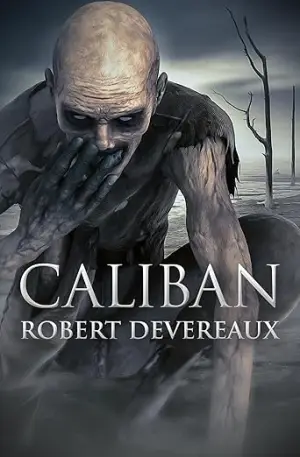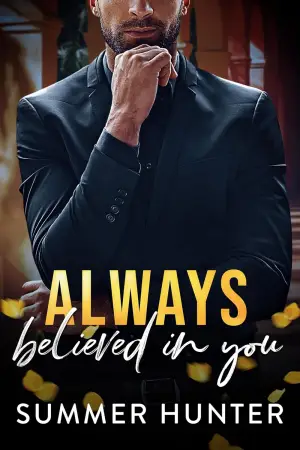Review of The Portable Feminist Reader (Penguin Classics)
As someone who has always been fascinated by the layered conversations surrounding feminism, The Portable Feminist Reader edited by Roxane Gay immediately caught my eye. In today’s political climate, where discussions on gender equality and intersectionality are more critical than ever, this anthology serves as a vital resource. It brings together a broad array of voices that confront and celebrate feminist ideals. But beyond its relevance, it offers a treasure trove of thoughts that spark reflection and inspire further exploration.
At its core, this anthology embraces key feminist themes—intersectionality, empowerment, and the complexities of identity. It features incredible works like Anna Julia Cooper’s “The Higher Education of Women,” where the power of education as a tool for liberation shines vividly. I found Cooper’s eloquence not just inspiring but also a reminder of the history that underpins our current struggles. Gabrielle Bellot’s “Volcano Dreams” resonates deeply, examining trans embodiment through the intimate lens of nature, a piece of writing that balances the personal and the universal beautifully.
While the anthology packs a punch with its powerful selections, some pieces felt less impactful. For instance, Chandra Mohanty’s “Under Western Eyes” struck me as rather inaccessible and redundant, where the weight of intersectional issues was better articulated in works by contemporary Muslim writers like Lila Abu-Lughod and Mona Eltahawy. Similarly, Claudia Rankine’s “The Meaning of Serena Williams” felt like a heartfelt adulation that missed the mark set by the previous essay—a reminder that even within this collection, the resonance of a writer and their subject can vary greatly.
Editing choices also shaped my experience with the anthology. It was a notable omission that publication dates weren’t included alongside each essay—context is crucial in understanding the evolving nature of feminist discourse. The “gender considerations” section, though rich with queer and gender-non-conforming voices, seemed more haphazard rather than a cohesive exploration of transfeminist writings. Conversely, the representation of Black feminism felt robust and thoughtfully curated—a real highlight that spoke to the depth of voices present.
Roxane Gay’s introduction breathed life into the collection, and her compelling blurbs on each writer set a welcoming stage as I dove deeper. Her insights framed the anthology as not just a collection of essays but a powerful call to arms for justice and liberation. It’s hard to summarize such a vast array of perspectives in a short review, but if you are open to challenging your views and enriching your understanding of feminism, this book is a must-read.
In conclusion, The Portable Feminist Reader is perfect for anyone interested in social justice, whether you’re just beginning to explore feminist literature or are deep into the discourse. It captivated me and provoked thoughtful considerations, reminding me how essential it is to continue learning and amplifying diverse voices. Grab a copy, settle in with a cup of tea, and let the powerful words challenge and inspire you!
Discover more about The Portable Feminist Reader (Penguin Classics) on GoodReads >>






